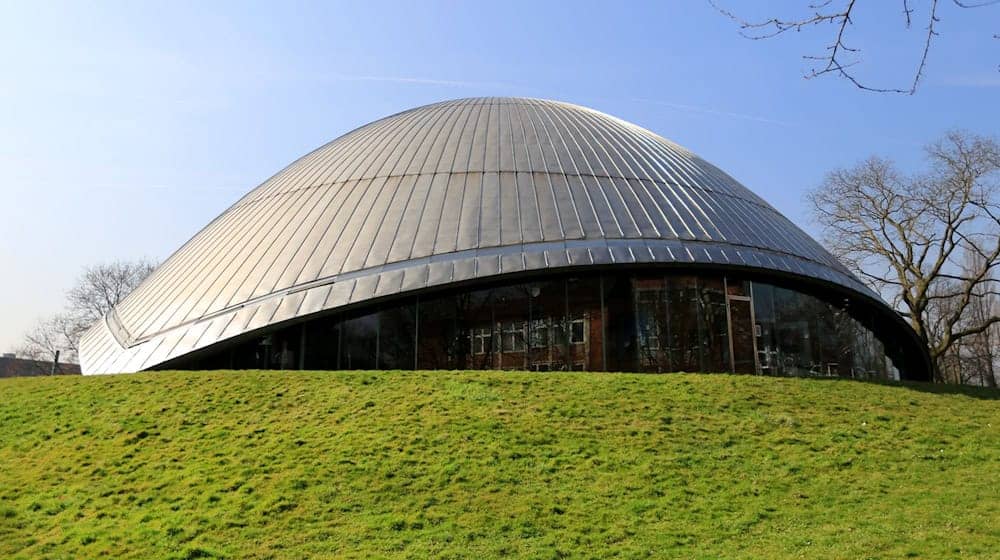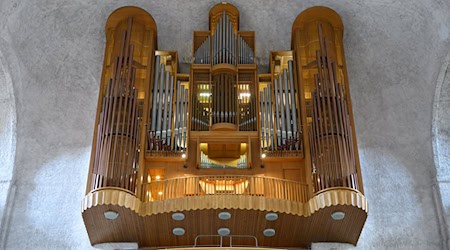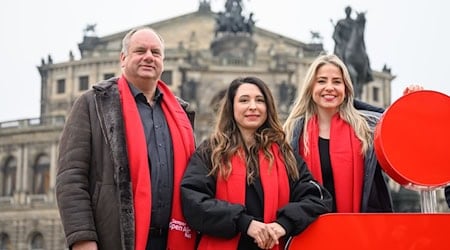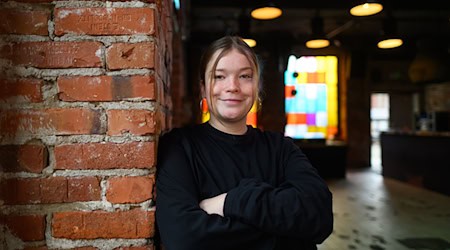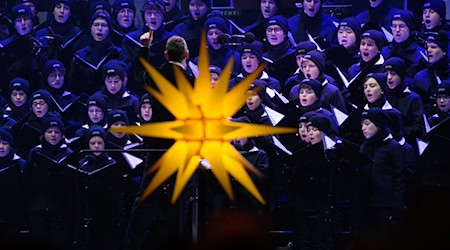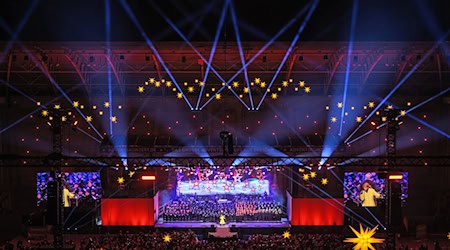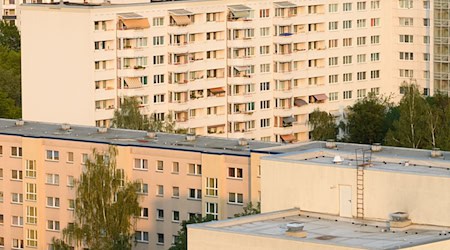Music from time and space: the Dresdner Sinfoniker are using the 100th anniversary of the planetarium as an opportunity to make the sound of the universe audible with colleagues from India. On July 5, a quartet from the ensemble will play improvisations at the Bochum Planetarium to a musical template published by the US space agency in 2022. The soundtrack was intended to illustrate what a black hole would sound like if you could hear it - and became a hit on the internet.
Cosmic sounds as a source of inspiration for improvisations
"Cosmic sounds are our inspiration for joint improvisations," Sinfoniker director Markus Rindt told the Deutsche Presse-Agentur. While the Dresden orchestra played in Bochum, the Manganiyar ensemble from Rajasthan in India was live on air and picked up on the themes. In Bochum, on the other hand, they will be referring to the original work from India. The colleagues from Rajasthan are true masters of improvisation. The concert can be experienced worldwide via the symphony's website (www.dresdner-sinfoniker.de).
With the transcontinental concert, the symphony and the musicians from India are overcoming a distance of 6,240 kilometers - only a stone's throw in space terms, of course. The concert will be accompanied by proven experts on the subject. Susanne Hüttemeister from the Bochum Planetarium will provide information about the secrets of space, as will Aalok Pandya from the Jantar Mantar Observatory in Jaipur and Fares Elgharaby, who will be speaking from the Bibliotheca Alexandrina in Alexandria (Egypt).
"The evening is dedicated to the sound of the universe and the fascinating history of its exploration from antiquity to the present day," emphasized Rindt. On May 7, 1925, the world's first planetarium was opened at the Deutsches Museum in Munich. "Since then, millions of people have been able to experience projected stars and images of the cosmos in breathtaking brilliance." Now they want to demonstrate what the universe sounds like to human ears.
Scientists from Egypt, Germany and India involved
The locations for the musical universe were not chosen at random. With more than 300,000 visitors a year, the Bochum Planetarium is one of the most successful in Europe and offers a wide range of scientific and cultural attractions. In Jaipur, the Maharaja Jai Singh had large observatories built at the beginning of the 18th century. The Egyptian metropolis of Alexandria is home to a library that collected knowledge about the cosmos over 2,000 years ago.
The Nasa sound is based on an image from the Chandra X-ray telescope, which took a look at the Perseus galaxy cluster 240 million light years away, including a black hole. Sound waves cannot be transmitted in space because of the vacuum. However, the researchers discovered that a black hole triggers strong pressure waves and causes gases to vibrate. The resulting low-pitched sound is not perceptible to humans, but was made audible by increasing the frequency.
The Dresden Symphony Orchestra was founded at the end of the 1990s. The ensemble plays contemporary musicians, is made up of musicians from several European orchestras and comes together in different formations for special projects. This is often associated with a political message. In 2017, for example, the symphony orchestra protested musically at the border between Mexico and the USA against the wall planned by US President Donald Trump.
The concert will be broadcast on July 5 at 8.00 pm via the Dresden Symphony Orchestra's website. The Bochum Planetarium commissioned the project from the orchestra and is also financing the project.
Copyright 2025, dpa (www.dpa.de). All rights reserved

